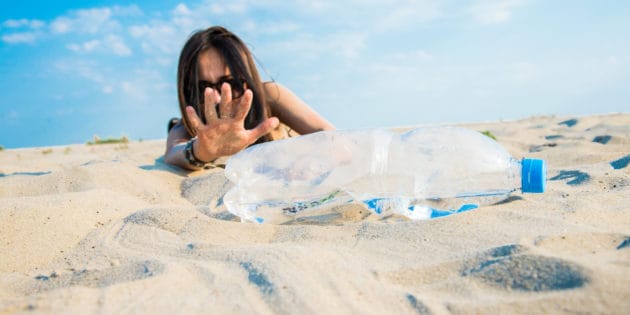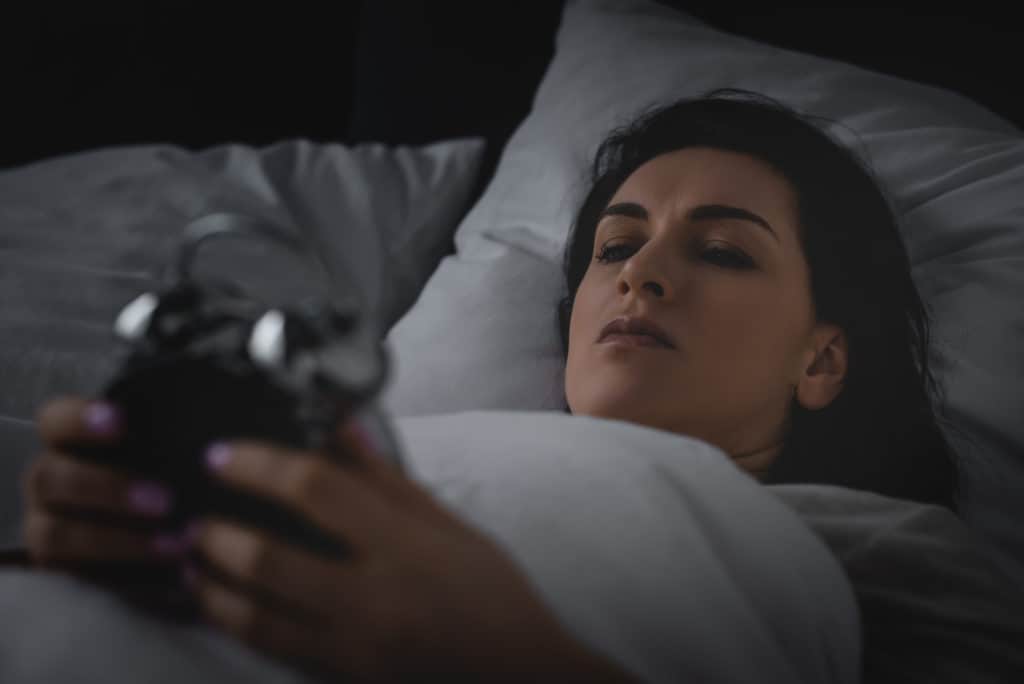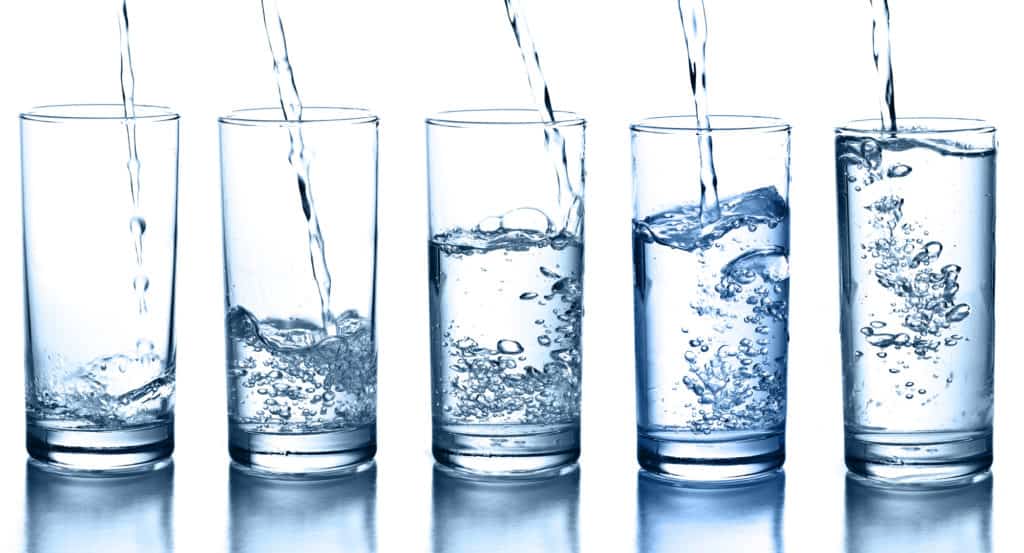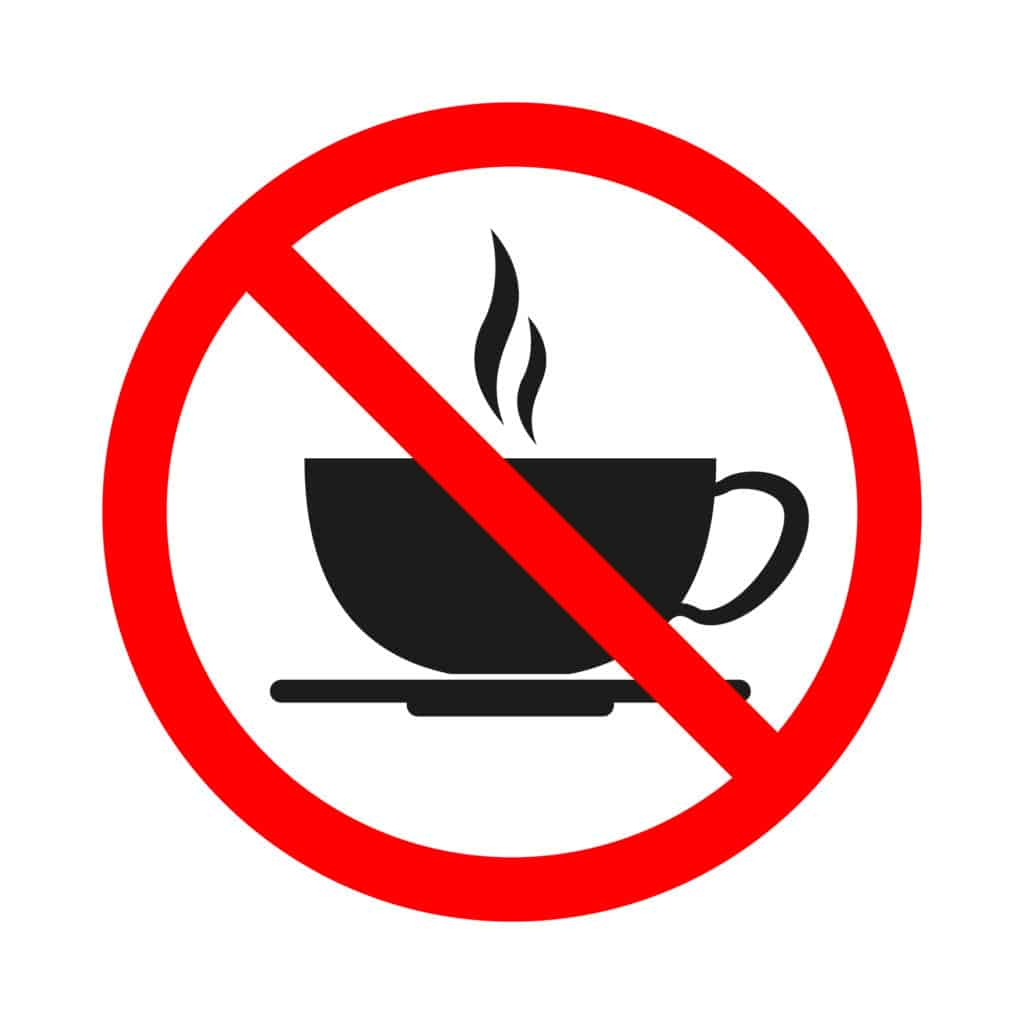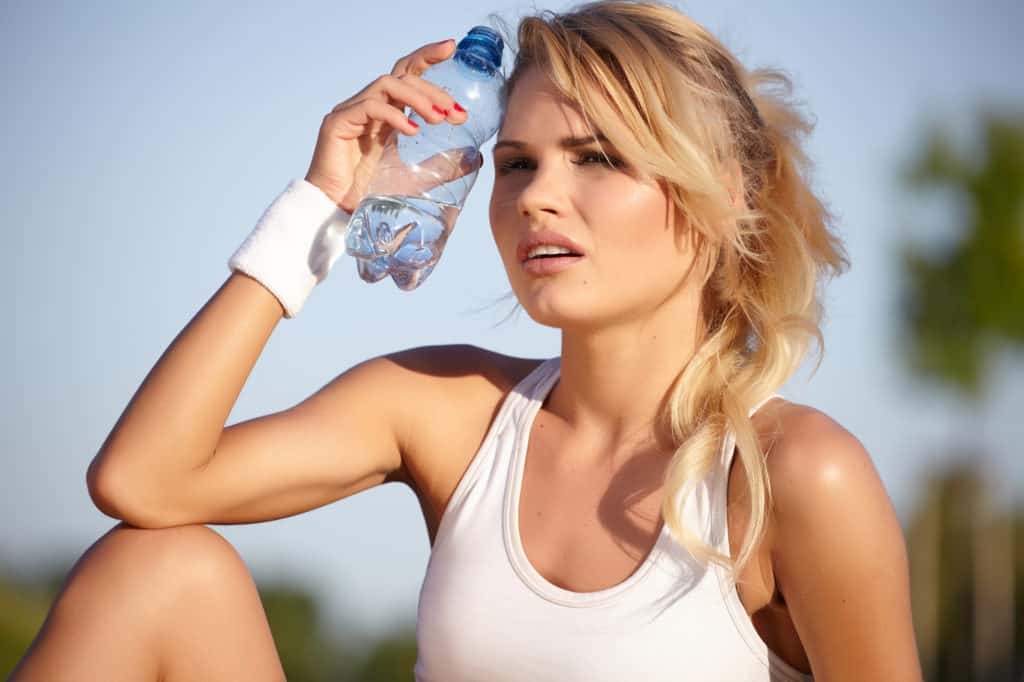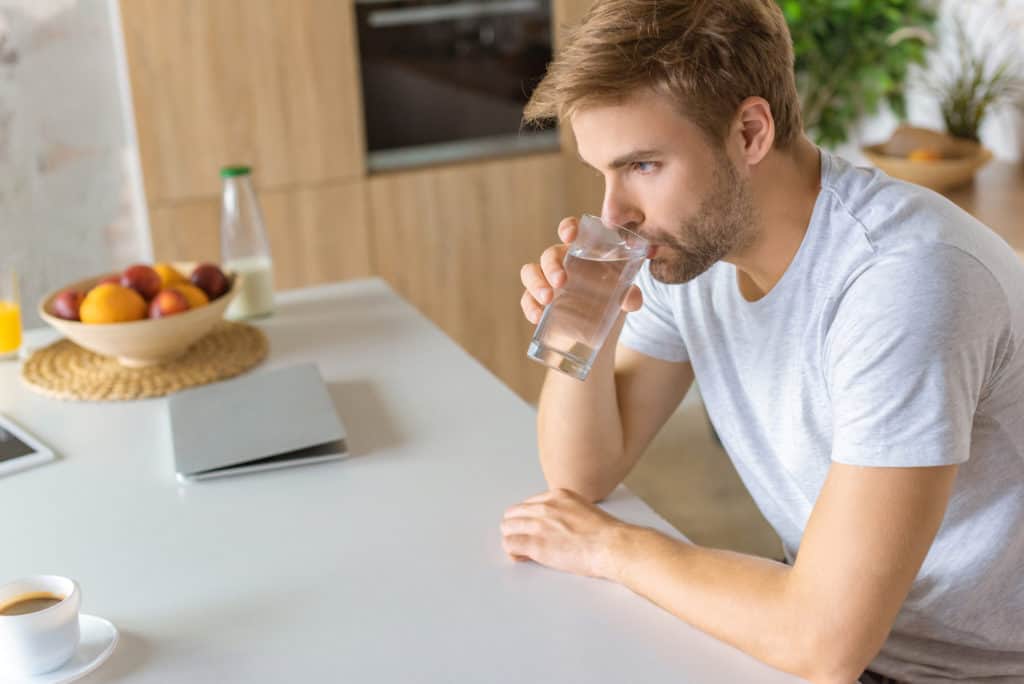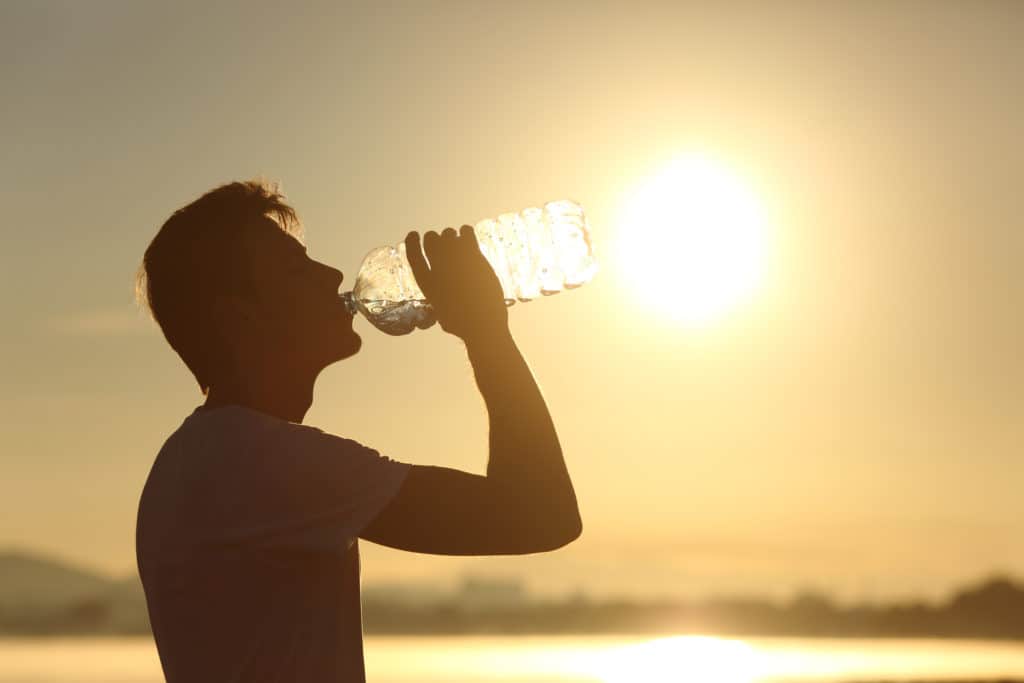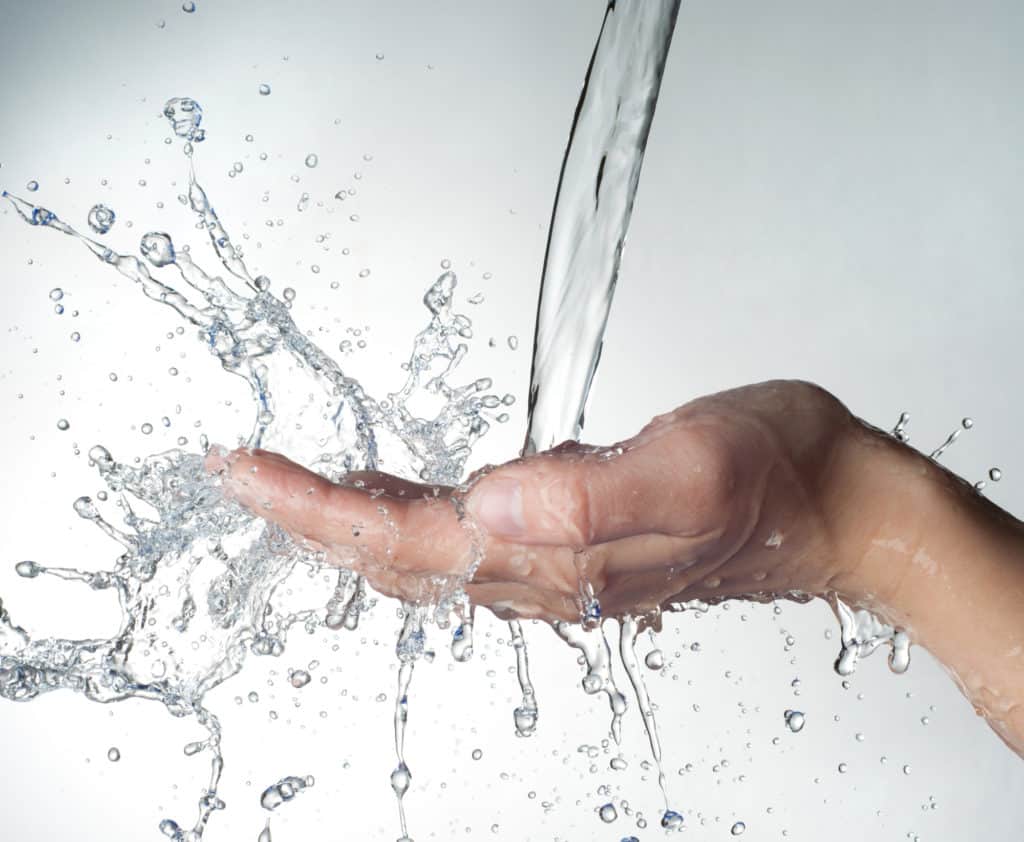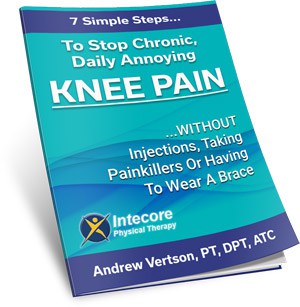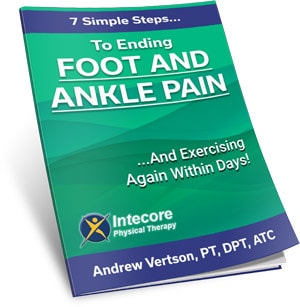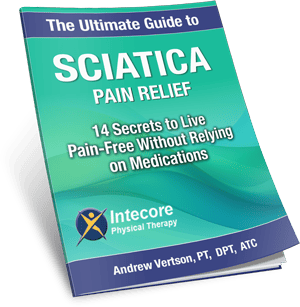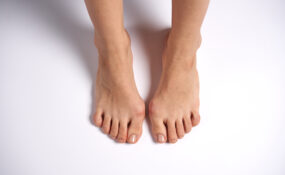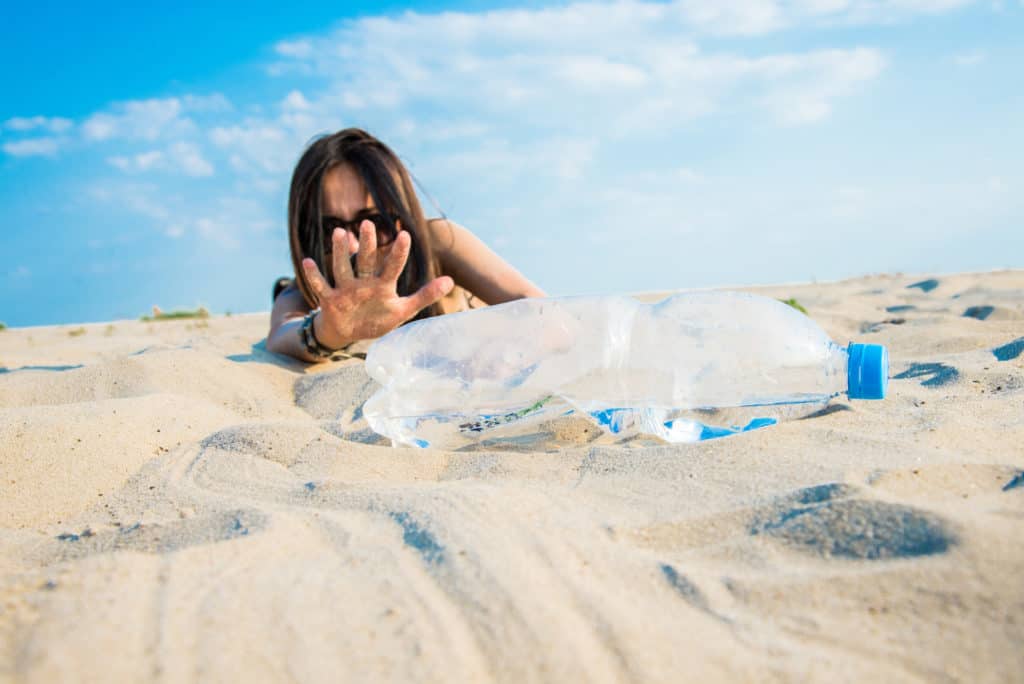
Enjoying the summer, but feeling lethargic, dizzy, or unwell?
Chances are, you aren’t getting enough water. You could be in danger of dehydration. Here’s how you can avoid disaster.
We are always told about the importance of drinking enough water. It’s almost like we are installed with a constant nagging doubt about our fluid intake.
But there is a good reason for that.
I mean, don’t forget that 60% of our body is composed of water. Scientists have even suggested that we – as a species – evolved from the sea. We’ve always needed water.
So, see that nagging doubt? It’s your body yearning for more hydration.
That may come as a surprise, especially if you remain vigilant about drinking enough fluid already. But are you getting enough of the right fluid?
Why Drinking Enough Water Is So Important
Getting enough water each day is important for so many reasons. Not only does water help to regulate your body temperature, but it also prevents illness and infection, aids your digestion, regulates your blood pressure, keeps your joints lubricated, promotes weight loss, and keeps your cells topped up with nutrients.
Not to mention that water keeps your organs working properly!
Still not convinced? It’s well known that correct hydration also has a say in how successfully you sleep, how aware of your surroundings you are, and your mood.
Constantly struggling with sleep, and feeling irritated or tired? You probably need to hydrate more.
Then there’s getting those natural toxins flushed from your system. Without drinking enough fluid, these toxins build up – increasing your chance of illness, and subjecting your body to fatigue.
Water kick starts your metabolism and helps to fuel your brain, too.
Then there’s the summer heat to contend with. More on that in a bit.
How Much Water Should I Drink?
Healthcare professionals and nutritional experts recommend drinking roughly 11 normal-sized cups of water per day, if you are female, and around 16 cups per day if you are male.
That all depends on your level of activity, and your size, of course. Always adjust that recommendation to your unique circumstances.
That doesn’t mean that you have to rely only on plain water, though. Some of this volume can come from flavored water, certain soft drinks, and herbal teas.
One thing that you shouldn’t come to rely on, however, are those oh-so-tempting sugary beverages so readily available in the shops.
In fact, you should stay away from sugar when trying to stay hydrated. Especially those energy drinks, and most vitamin waters. These beverages are packed with sugar, and this can dehydrate you once your blood becomes high with sugar content.
Studies claim that North Americans are conditioned to expect high levels of ‘sweetness’ in almost everything consumable. It could certainly explain why so many of us find drinking plain water to be such a chore.
The added sugars in these drinks can also lead to tooth decay, while a higher sugar content also means more calories, which can cause excess weight gain.
What About Caffeinated Drinks?
Ok. Let’s get one thing straight. Caffeine is what’s known as a stimulant – temporarily helping us feel less drowsy and more awake.
It’s a mildly addictive substance, and affects some more than others. This effect can also depend on the level of caffeine that you typically consume on a regular basis. Coffee, tea, sodas, and energy drinks are all sources of caffeine.
It’s completely fine to drink tea and coffee as part of a balanced diet, but remember that caffeinated drinks cause your body to produce urine faster.
It’s not really the caffeine that dehydrates you, per se. While temporarily beneficial for your brain, research has demonstrated that caffeine can have a diuretic effect on the kidneys (especially when daily doses are high).
A diuretic substance results in more urine than usual, by increasing the blood flow to your kidneys. This causes the kidneys to work faster, and produce more waste (urine), which can cause issues with your hydration.
Basically, caffeine makes you pee. A lot. So ensure that you drink water to counteract the loss of fluid.
Should I Drink More Water In The Summer?
In a word? Yes.
When the weather is hot, or if you spend time outside in the sun, you’ll start to feel thirsty pretty quickly. Don’t fight that urge to drink some water. It’s a natural response and one that you should listen to.
If you feel thirsty, it’s because your body requires more fluid to deal with rising temperatures. Grab a drink!
Your body functions at its best when between a certain temperature range. When you get too hot, your natural functions need to cool down. The body does this via two main methods – increasing blood flow to the skin, and sweating.
As soon as your temperature begins to rise, your blood vessels dilate to increase blood flow to your skin; radiating excess heat away from the body. After that, you start to perspire. Courtesy of your sweating, there’s fluid on your skin that quickly evaporates – in turn cooling the body.
However, excess sweating is known to cause dehydration. After all, that sweat has to come from somewhere – and it uses up water in your system.
And that excess sweat is far more likely to occur when the summer temperature rises. Even more so if you are working, or exercising, outdoors.
It’s why you need to keep drinking water; it replaces the fluids lost by excessive sweating and prevents subsequent dehydration.
Should you ignore the urge to drink, or if you don’t have access to water during hot weather, you can be in real danger of serious heat-related illness.
How Can I Tell That I Need More Water?
That probably sounds like a silly question. But if you’ve suppressed your need to drink water for a stretch of time, you will struggle to prevent dehydration – which is much different to simply ‘being thirsty’.
Although thirst is the best indication that you need more water, your mouth will become dry or sticky as dehydration takes hold. After that, you may feel light-headed, lethargic, and dizzy. Your eyes will start to feel dry, and your urine will become dark yellow in color. If you can muster going to the toilet in the first place.
You may lose the ability to think clearly, speak properly, and handle your physical coordination.
Don’t reach straight for the soda, either. If you feel any of these symptoms, get yourself some plain water. Sugary drinks, or strong doses of caffeine, won’t help you very much at all. If anything, they will actually make you worse.
How To Keep Hydrated In Summer
Firstly, it’s always easier to maintain a level of hydration if you start out properly. If you are heading out for batches of exercise, long walks, or work, while the summer weather hits its peak, drink plenty of water before doing so.
Keep that up and continue to do so through each day.
We’d advise that you take regular breaks to ensure you drink enough. Keeping a water bottle with you is always a good idea, as it allows you to take small amounts of liquid while you work, exercise, or simply enjoy the good weather.
Jumping in the car for the commute home afterwards? Take some water with you for the journey – or, indeed, any car journey you are making.
Sitting in a hot vehicle means that you will sweat pretty quickly, unless you are blessed with air conditioning. Even then, you’ll want to make sure there is water to hand.
You may have spotted ‘electrolyte-replacing’ bottled drinks on the shelves of the grocery store. These are pretty good for ensuring maximum water absorption. And, during hot weather, that can make a huge difference to your health.
For an extra health kick, ditch the chips and chocolate and replace your snacks with fruit. Yes, I know you’ll have heard that so many times before, but for hydration, it makes perfect sense.
Fruits such as peaches, watermelon, blueberries, and apples are rich in water content. Not to mention that they are juicy, too.
Don’t Overdo It!
However, you need to be careful that you don’t go overboard with the water intake. It’s all about pacing yourself.
If you drink consistently absurd amounts of plain water, or try to drink your daily intake all at once, then you can suffer from hyponatremia; also known as water intoxication, or water toxicity.
It’s the sort of condition that long-distance runners can develop by taking too much water and not having enough electrolytes (sodium, for example).
You can gauge your level of hydration by the color of your urine. Healthy urine is pale in colour. The darker, or the yellower, it becomes, then you are on the verge of dehydration.
There is a side effect to all of this hydration though. For all the benefits to your survival that it brings, you’ll also need to urinate more frequently.
Planning a long trip? Going for a long walk?
Make sure that you can get to a toilet when it counts!
Not sure how you can change your lifestyle to be healthier?
Pick up the phone and call us now.
- 7 Ways to Get Rid of Tension Headaches Naturally - July 1, 2025
- Why Are My Feet Swollen? Common Causes Explained - June 2, 2025
- What Is Restless Leg Syndrome? Symptoms, Causes, and Relief Options - May 5, 2025

